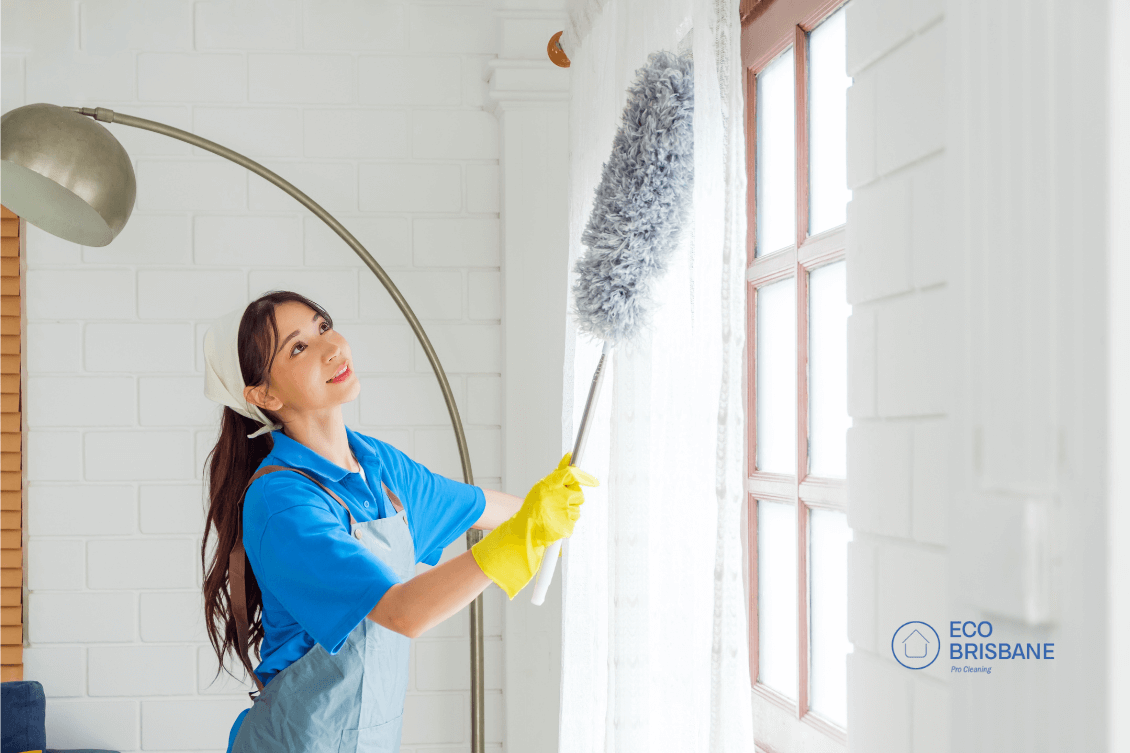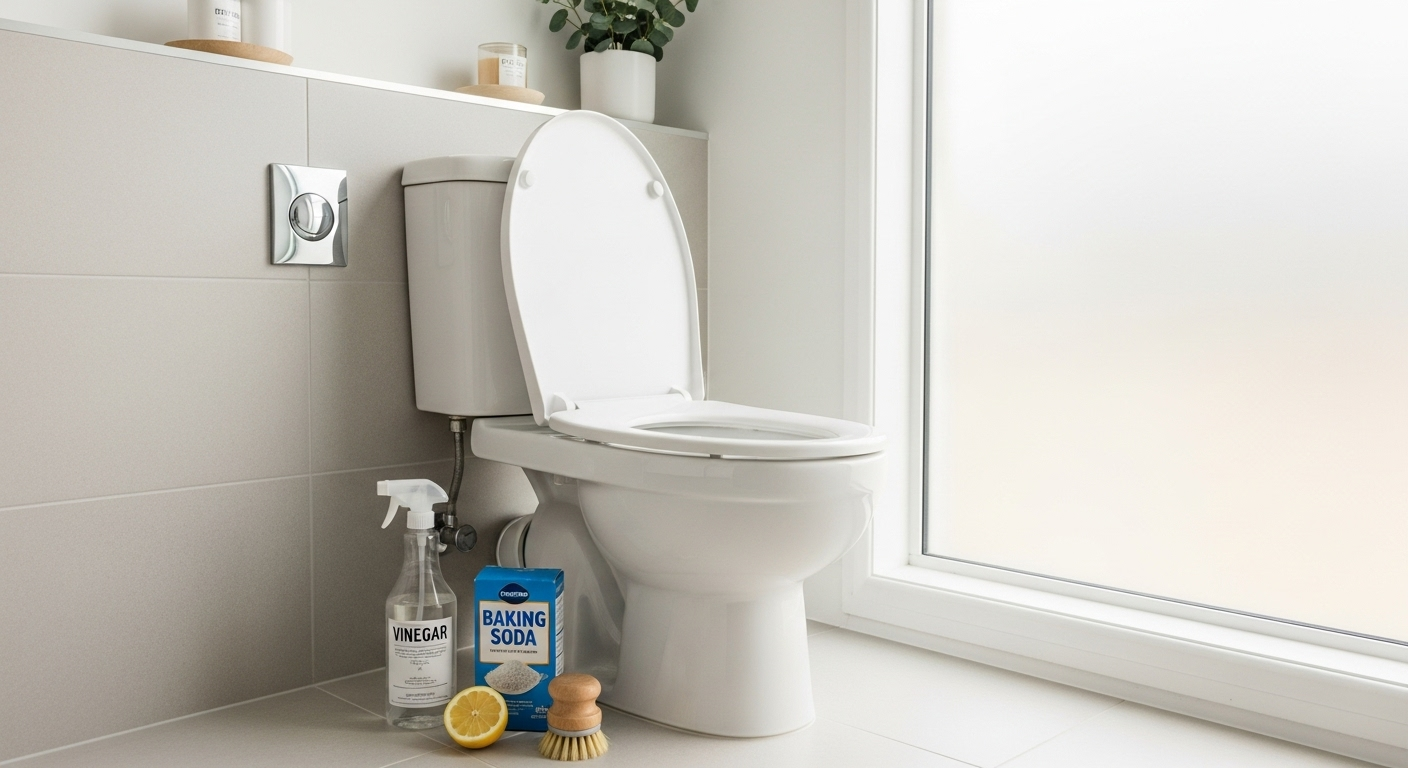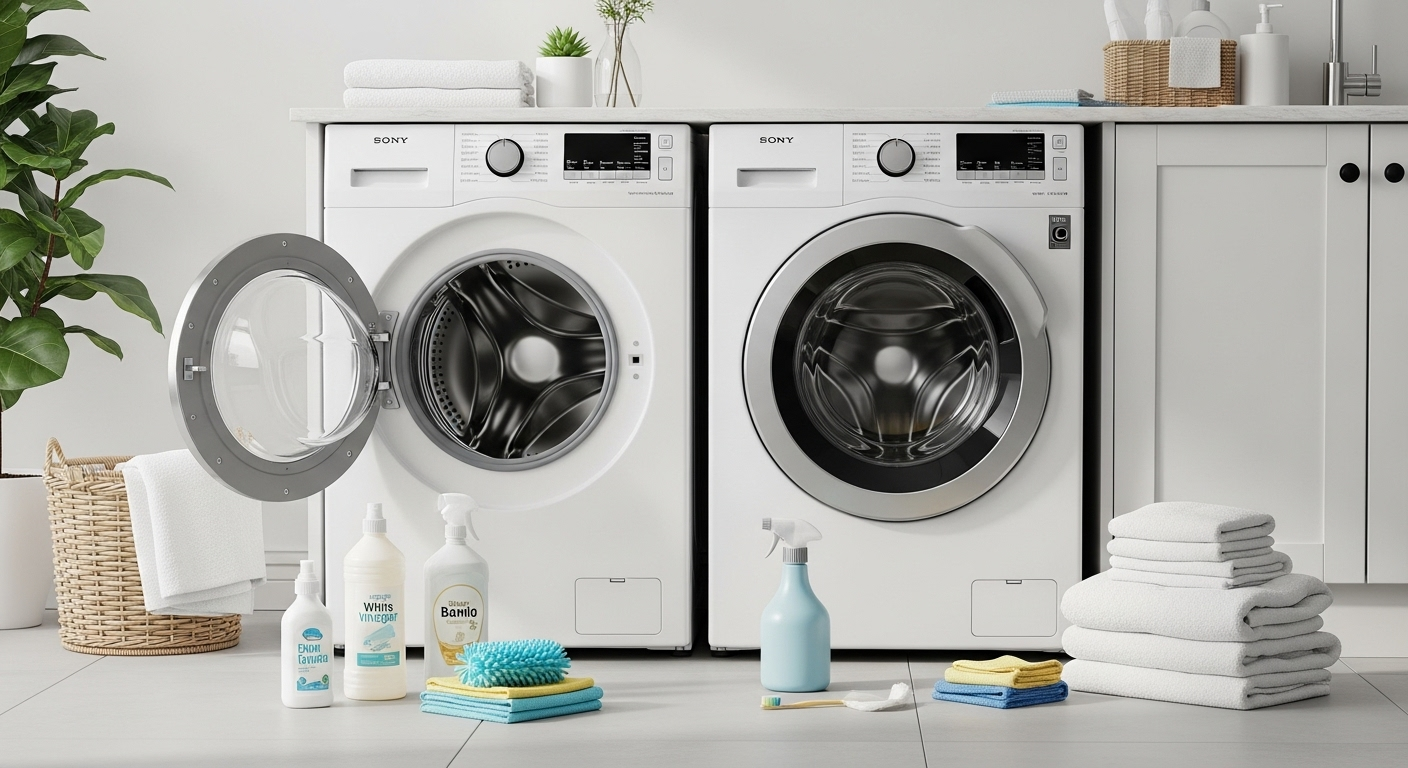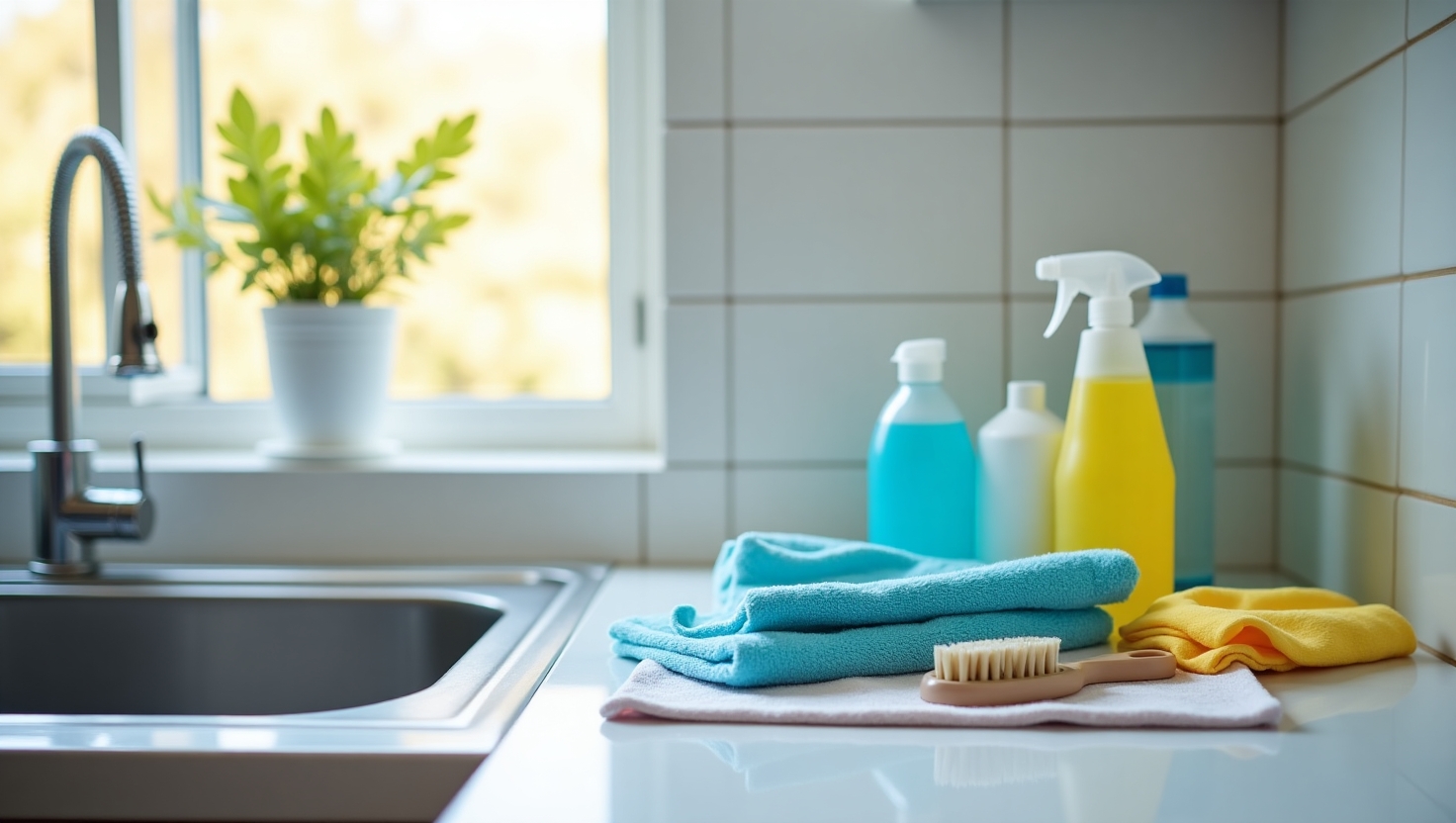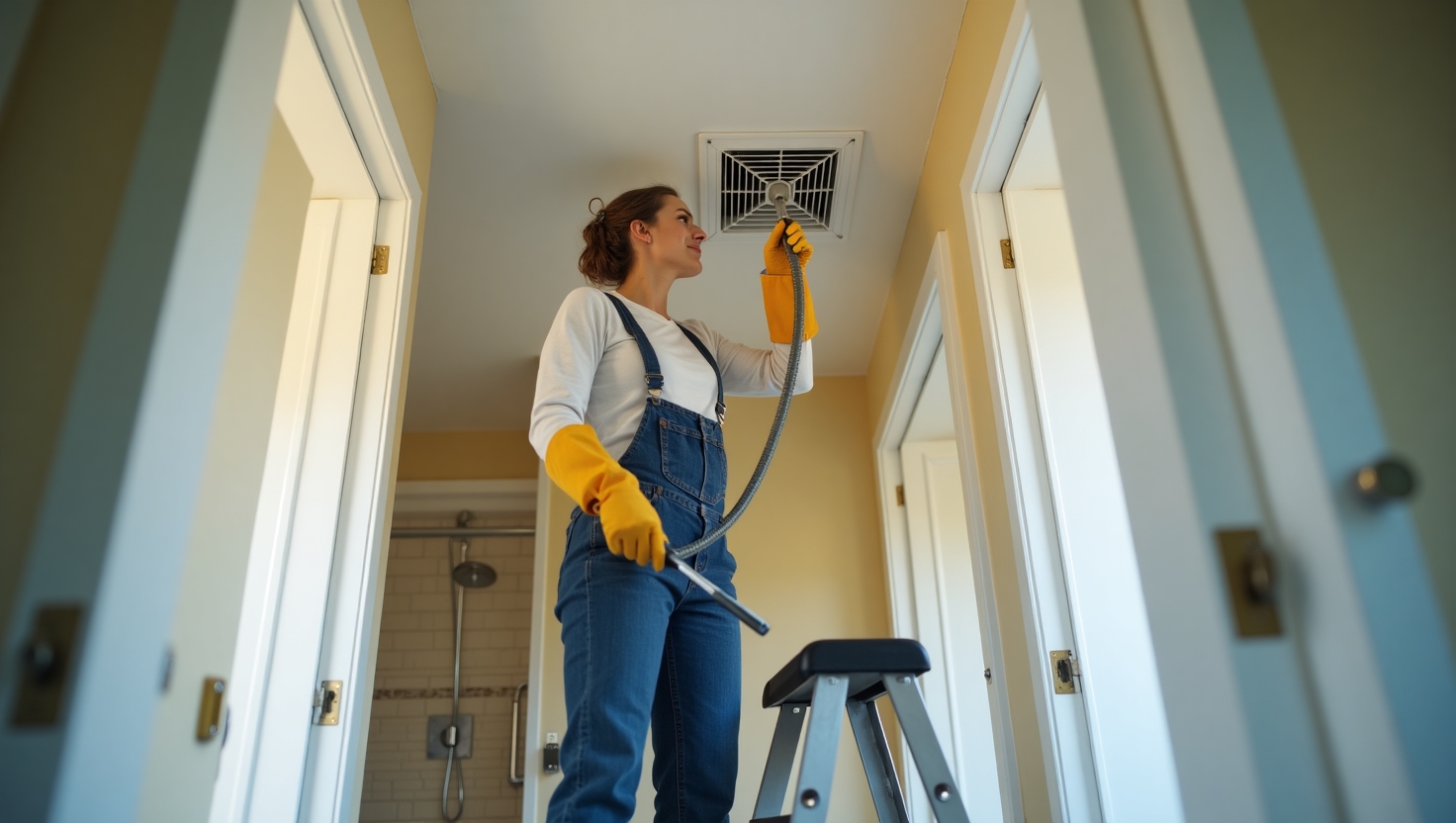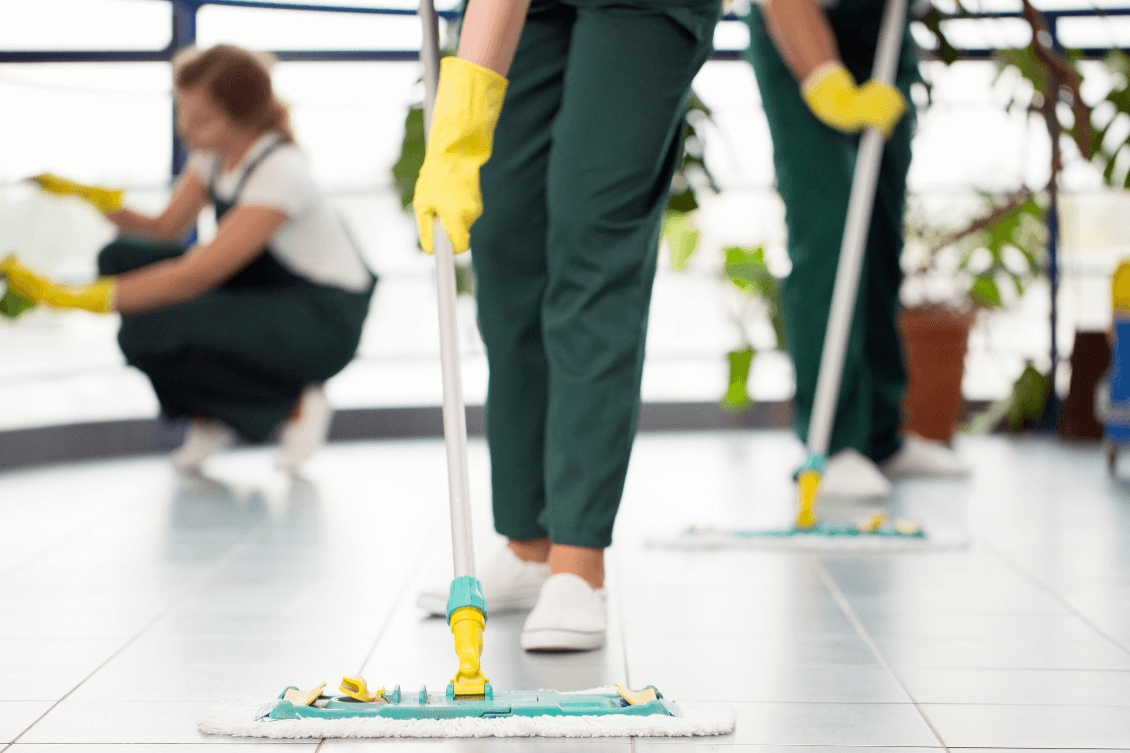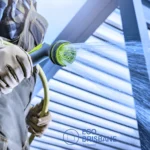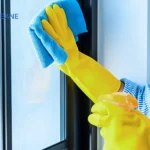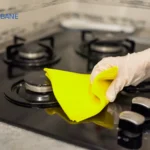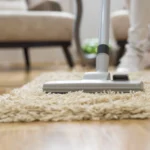If you are living in a rented property, you will need to focus on both regular cleaning and bond cleaning. Unfortunately, most homeowners don’t have a clear idea about the differences between them. That’s why we thought of sharing this article to outline the differences. Based on these differences, you can go for the right type of cleaning as per your needs.
Table of Contents
What is Regular Cleaning?
Regular cleaning refers to all the routine cleaning tasks that you do at home. You will need to do these in order to maintain a clean and hygienic living environment. If you are living on a rented property, this is one of the tenant’s responsibilities to fulfil. Here are some of the tasks that you should do during regular cleaning.
- Dusting and mopping floors
- Carpet Cleaning
- Bathroom cleaning
- Kitchen cleaning
- Disinfecting surfaces and wiping down countertops
- Emptying and taking out trash
The frequency of regular cleaning would vary depending on the size of your property. You should also consider the number of occupants and other personal preferences. In general, you should attend to regular cleaning tasks at least once a week. However, you can do dusting and vacuuming more frequently.
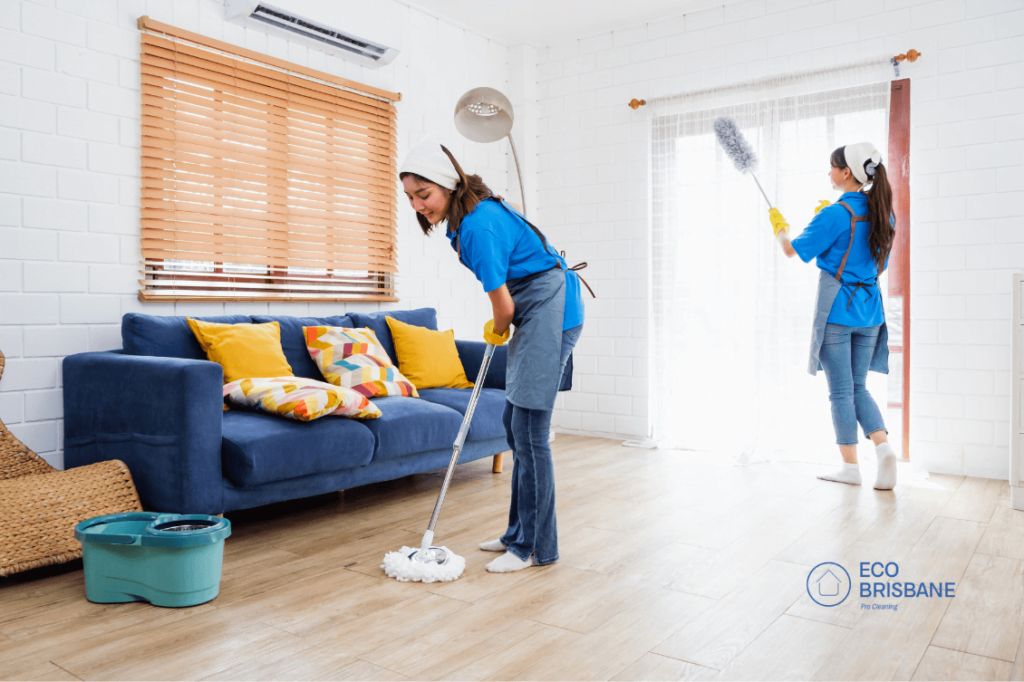
What is Bond Cleaning?
Bond cleaning is also known as end-of-lease cleaning or move-out cleaning. This is a thorough and comprehensive cleaning task. You do this type of rental property cleaning when you are moving out. According to the tenancy agreement, you will need to return the property back to the landlord in perfect condition. Otherwise, the landlord will reduce cleaning fees from your security deposit. That’s why you need to focus on deep cleaning for bond cleaning. By following a cleaning checklist, you can do it. Otherwise, you need to rely on professional cleaning services. Here are a few tasks that you will need to do with bond cleaning
- Oven cleaning
- Deep cleaning of all areas including bathroom and kitchen
- Cleaning inside all cupboards and drawers
- Scrubbing and sanitising all surfaces, including walls, ceilings, and skirting boards
- Descaling and cleaning inside dishwashers and washing machines
- Cleaning and degreasing exhaust fans
- Cleaning inside and outside of all windows and window tracks
- Cleaning and polishing floors, including hard-to-reach areas
- Cleaning light fittings and removing cobwebs
- Cleaning and deodorising carpets
- Cleaning and degreasing tiles and grout
When it comes to vacate cleaning, you need to be familiar with the landlord’s requirements. This is where you must adhere to cleaning standards. Then you will not encounter any problems during the rental inspection. By using proper cleaning products and cleaning equipment, you may do it with ease. However, it is still better to hand over this work to an expert. Then you can get a cleaning guarantee and get the job done.

The Importance of Bond Cleaning
Bond cleaning is an important step in the process of vacating a rental property. This is something that you can clearly see in the rental agreement. Failure to properly clean the property to the specified standard can result in the landlord withholding part or all of the security deposit. Your landlord will use it to cover the costs of professional cleaning or repairs. As a tenant, you never expect that to happen.
Differences in Approach and Effort
The main differences between regular cleaning and bond cleaning lie in the approach, level of effort, and attention to detail required. Regular cleaning is focused on maintaining a reasonably clean and hygienic living space, while bond cleaning is a comprehensive and thorough deep clean that aims to restore the property to its original condition.
Level of effort and frequency
Regular cleaning is important for maintaining a comfortable living environment during your tenancy. But it’s the bond clean that truly matters when it comes to getting your full bond back. It will help you to leave the property in the same condition as when you moved in.
Regular cleaning typically involves surface-level cleaning of frequently used areas. These areas include kitchens, bathrooms, and living spaces. Regular cleaning is often done on a routine basis. Tasks are completed as needed or according to a set schedule.
On the other hand, bond cleaning is a one-time, intensive cleaning effort. Bond cleaning covers every inch of the property. Bond cleaning includes areas that may have been overlooked or neglected during regular cleaning routines. Bond cleaning involves a much higher level of effort and attention to detail. Cleaners take the time to scrub, sanitise, and polish all surfaces, fixtures, and appliances.
Cleaning Tasks Involved
Another key difference is the scope of the cleaning tasks involved. Regular cleaning is focused on maintaining cleanliness and hygiene. Bond cleaning goes beyond that. Bond cleaning addresses issues such as built-up grime, stains, and wear and tear that may have accumulated over time.
The main goal of regular cleaning is to maintain a comfortable and livable environment. The goal of bond cleaning is to ensure that the property is returned to its original condition. Bond cleaning meets the landlord’s or property manager’s expectations. Bond cleaning allows the tenant to receive their full bond back.
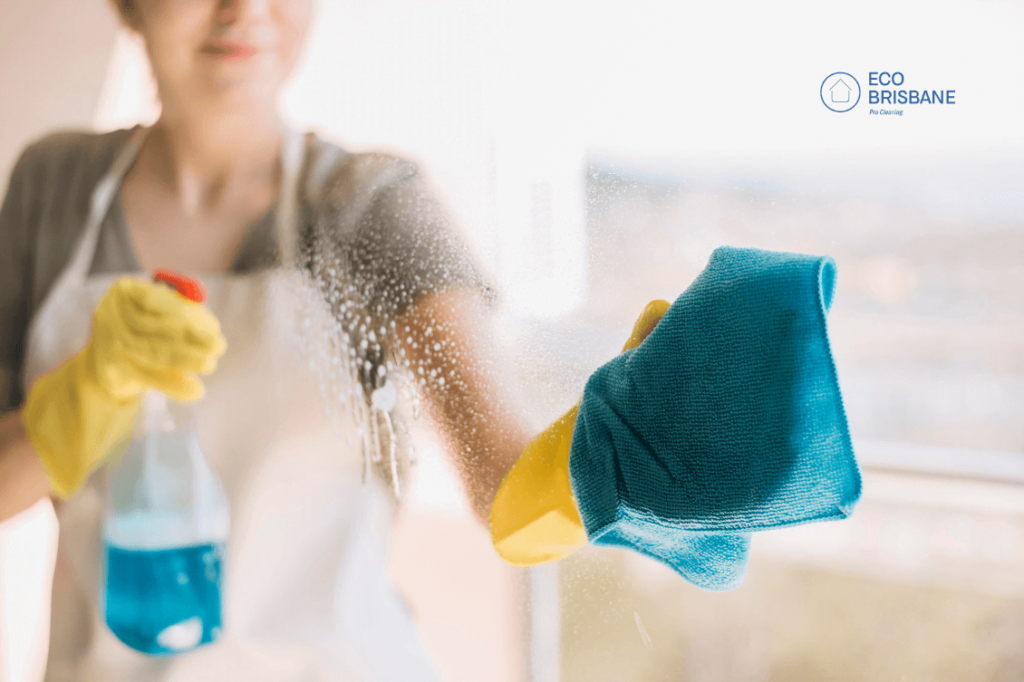
Preparing for a Bond Clean
The bond cleaning process can seem daunting. That’s why you need to be aware of all the steps and prepare for them accordingly. Proper preparation makes the process smoother. It will also ensure that you don’t overlook any area of your property.
To begin with, you need to go ahead and inspect the entire property thoroughly. This is where you need to note areas needing extra attention or deep cleaning. It includes built-up grime, stained carpets, and heavily soiled areas. Identify problem areas in advance and plan accordingly to ensure that areas with problems receive necessary care.
Then you can declutter and remove personal belongings. This makes cleaning more efficient. It also prevents accidental damage during cleaning. You can use specialised products or techniques for stubborn, heavily soiled areas. For example, oven cleaners tackle baked-on grease and grime and steam cleaners can clean your carpets.
When tackling the bond clean yourself, gather all necessary supplies and equipment in advance. This includes mops, buckets, sponges, brushes, vacuum cleaners, and suitable cleaning products. Don’t underestimate the time and effort required. Allocate at least a full day, if not more. Ensure every nook and cranny is properly cleaned and inspected as well.
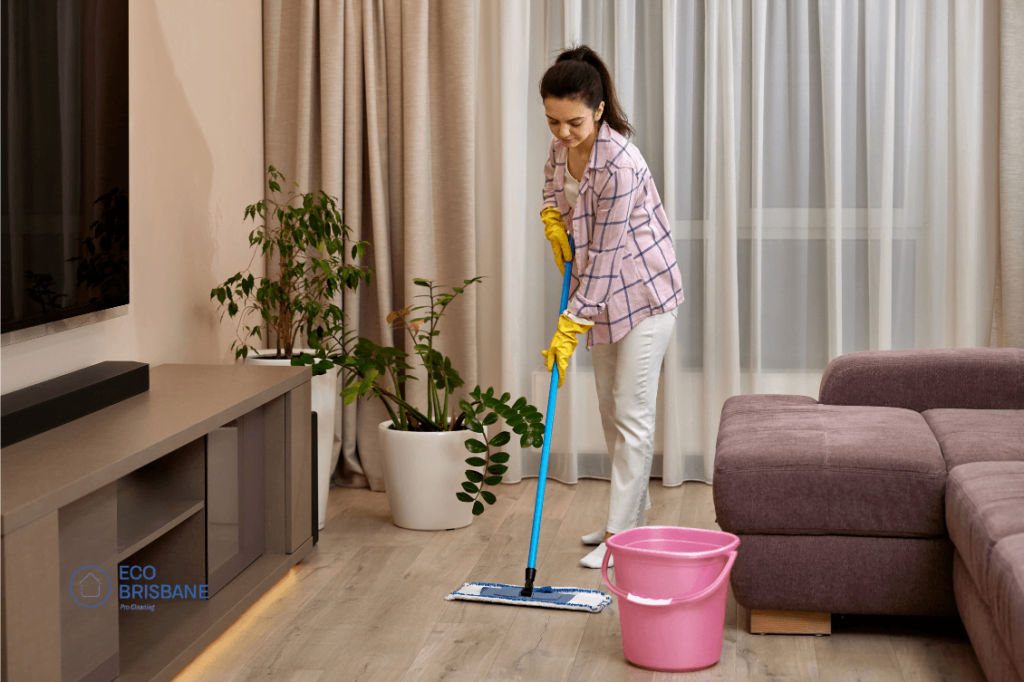
Final Words
Most tenants have challenges when trying to fulfil the bond cleaning requirements. That’s why they tend to hire professionals for assistance. Hiring professionals ensures the job is done correctly. It also avoids the risk of losing part of their bond. That’s because a professional cleaning service can provide a guarantee of their results.
If you are looking for an expert service in Brisbane for bond cleaning, you can contact us at Eco Cleaning Brisbane. We follow the best approach to help you with cleaning your rented property. As a result, you will never encounter any issues when getting your bond back. We don’t just focus on cleaning the dirty surfaces. Instead, we follow a complete checklist to ensure the pristine cleanliness of your property. From washing the floors to cleaning vents, we have the expertise to take care of all cleaning activities. Instead of finding ways to do bond cleaning on your own, feel free to contact us today.
